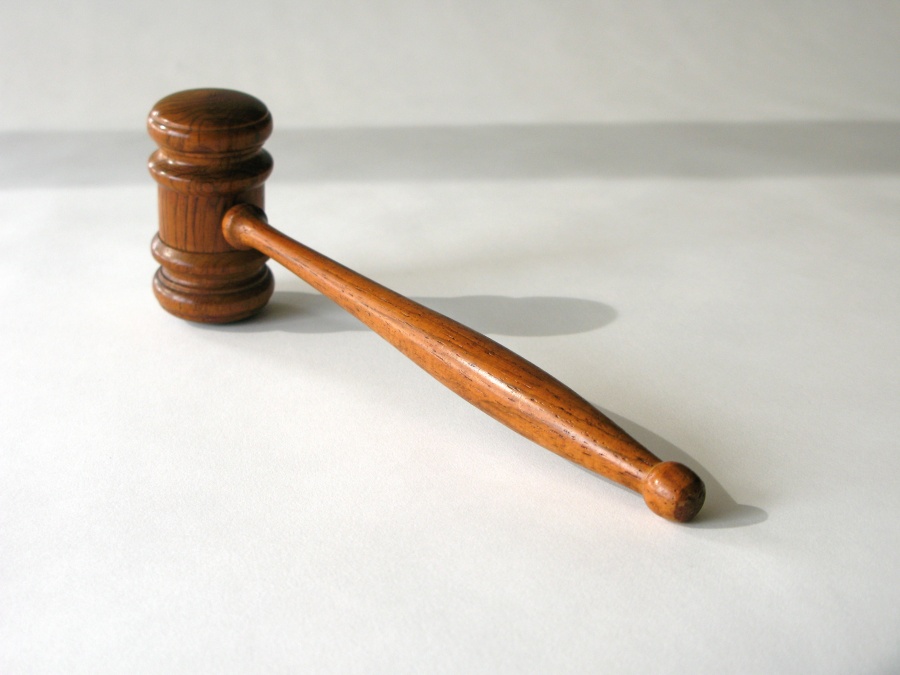We hear about it all the time. Fighting, arguing, accusing and judging, all supposedly for the sake of Heaven. The excuse is always the same: “ Doesn’t it say in the Torah, ‘You shall reprove your brother and not bear a sin because of him’”? (Leviticus 19:17). Isn’t this what all our caring and sincere rabble-rousers claim?
Recently, bloggers and online whistle-blowers have joined the chorus of well-wishers. Well, they may be in for a big surprise. This commandment is perhaps the greatest opportunity for our evil inclinations to take advantage of a positive mitzvah and use it as a catalyst for sin. Didn’t he/ she do such and such? Surely he/she should be criticized, chastised and possibly even publicly humiliated! We know and understand that no one is perfect and all of us have our personal shortcomings. However, the Torah commands us to look for the good that we also abundantly possess, and judge our fellow Jew positively. Working on judging others (and ourselves) positively should be our top priority.
But what about the times that the Shulchan Arukh (Code of Jewish Law) specifies that we do acknowledge that our fellow Jew has done something wrong? Rabbi Akiva declared in the times of the Talmud: “I doubt if there is anyone in this generation who is capable of giving rebuke!” (Erkhin 16b; see Ein Yaakov). Rashi explains that the lesson is to never rebuke someone by embarrassing him publicly. The Talmud continues: “If it is a question of rebuking for the sake of Heaven or abstaining because of false humility, it is better to abstain” (ibid.). Rashi explains that the Talmud is teaching that even if one refrains from rebuking because he made himself as if he was too humble to say anything, that’s preferable to rebuking for the sake of Heaven.
How much more so is this true in our time! Would Rabbi Akiva not be screaming this out to us?
Rather, the proper way is to speak pleasantly to our friend’s heart. We should never publicly humiliate anyone, cause embarrassment or, God forbid, resort to fighting, arguments and accusations. Anyone – even rabbis – who stir up arguments and fights is making a terrible mistake. It is of absolute importance for us to avoid fighting at all costs, and especially not get caught up with the rumors and quarreling against innocent Jews.
The Torah has commanded us to observe the 613 mitzvot that we received from Moshe, the true tzaddik. Let’s work on those and not add any of our own creations.
Based on Likutey Halachot, Yayin Nesoch 4

